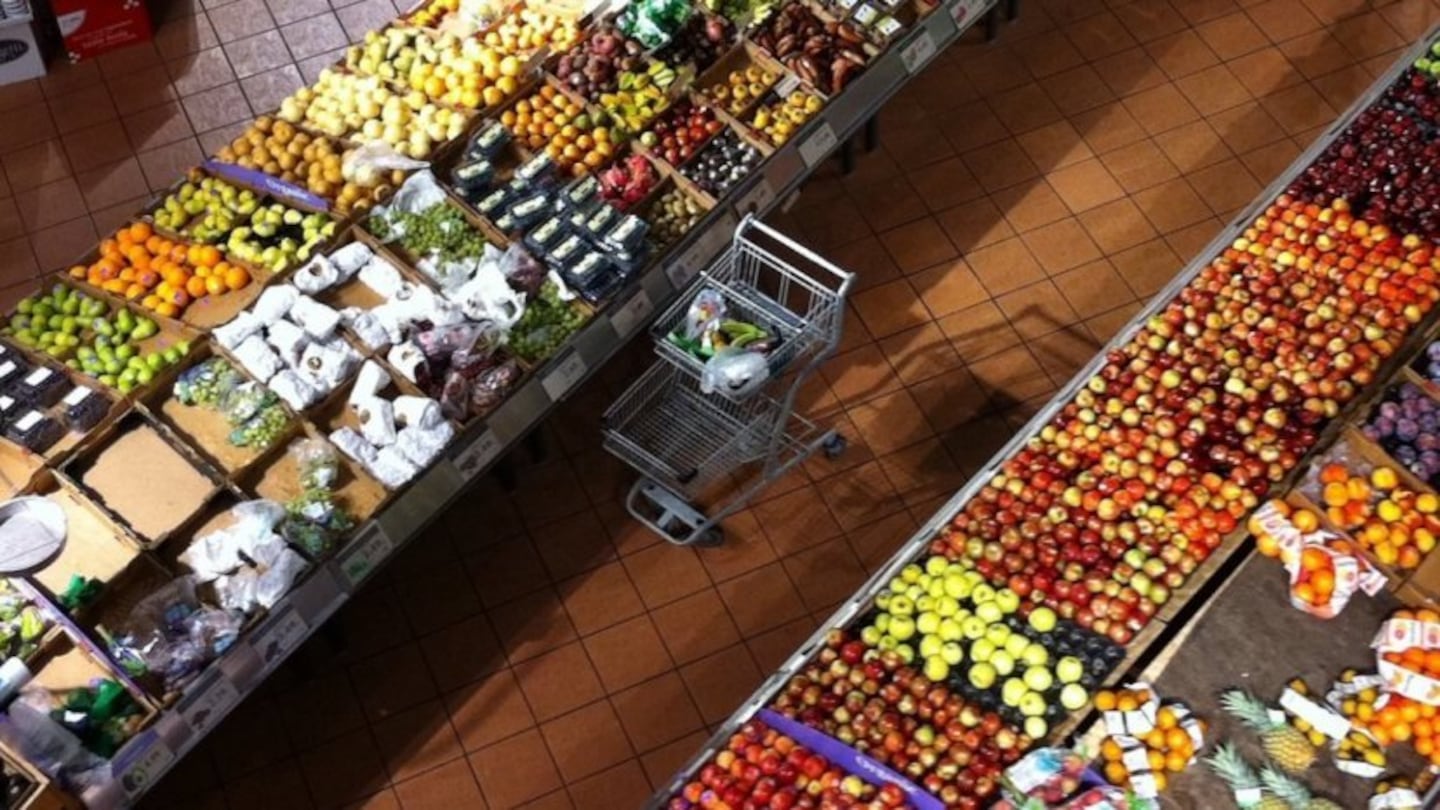Kiwi kai is among the most expensive in the OECD and now an investigation into how to get prices down has triggered the prospect of a Māori-owned supermarket chain.
A Commerce Commission market survey wrapping up this week has heard from several parties keen to introduce new supermarkets in Aotearoa, and the bosses of the existing big two chains, Foodstuffs (New World Pak’N’Save) and Woolworths (Countdown), keen to mostly keep the status quo.
Perhaps the most transformative pitch is being championed by Tex Edwards, founder of scrappy Mobile Phone network 2Degrees.
Edwards says he and a consortium of iwi are looking at the feasibility of a new Māori-owned chain that would offer cheaper prices for cash-strapped whānau, and keep grocery chains in Kiwi hands.
"Supermarkets fit well with our values and a focus on health outcomes for Māori," he said reading a statement from the group.
Edwards says central to the group's formation is this week's ousting of many of iwi-owned seafood chain Sealord's products from New World and Pak'N'Save' freezers. A Māori-owned chain would offer dozens of benefits including secure distribution for Māori products, he says.
Similar to spectrum battle
In many ways the supermarket situation mirrors the cellphone network duopoly of the 2000s. Mobile back then was dominated by the previously government-owned Telecom (now Spark) and Vodafone.
2degrees was launched after Māori were transferred radio wave spectrum through the Waitangi Treaty settlement process.
Pan-Maori trust ‘Hautaki’ was created in the early 2000s and, after a battle for regulatory reform, it was granted rights to launch a 3G mobile network in the form of 2Degrees in August 2009.
Edwards, who was a central figure in the 2Degrees formation, says to break ground on an Iwi-owned supermarket chain, a similar upheaval is needed.
The Foodstuffs cooperatives and Countdown (owned by Australia's Woolworths) control kai from paddock to plate in many cases, Edwards’ group wants that wholesale business broken up and Foodstuffs and Countdown forced to sell 15 percent of their supermarkets for the new player to get a foothold.
That seems like an uphill battle for the Iwi consortium. While the government has signalled huge appetite for change, the 15 percent sell-off was lampooned by the duopoly's management, with Foodstuffs North Island chief executive Chris Quin telling the commission it was untenable.
Reason to fear tangata whenua
“Confiscation of privately owned businesses and family stores would be unprecedented," he said.
An industry insider who spoke to Māori Television anonymously for fear of reprisal told us the 15 percent supermarket sell-off would be "pretty crucial" to challenge the existing supermarkets, which she claims has engaged in decades-long land strategies to "lock out" new players.
"For years, they [Foodstuffs and Woolworths] came in and bought land set aside for things like supermarkets. Then they put a covenant on it which says nobody can establish a new supermarket there, and then put the land back on the market.
"You hear them, they argue for self-regulation but I think most New Zealanders would be disgusted to find out what they get up to," she said.
The insider argued Māori were uniquely placed to launch a challenger supermarket and the duopoly was probably right to fear tangata whenua.
"Māori have land for supermarkets. Think of Auckland, land in some good places."
The Commerce Commission is taking a final round of written submissions for its investigation and will issue a report to the government on suggested changes to the market on March 8 next year.

